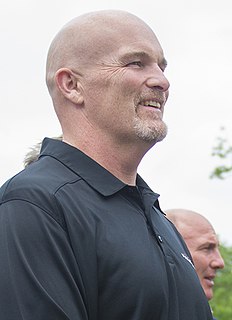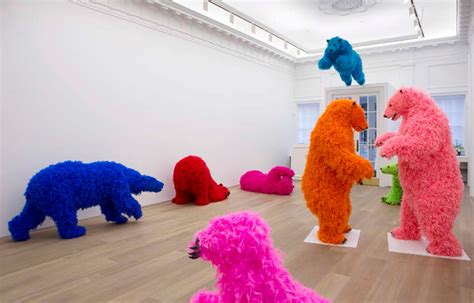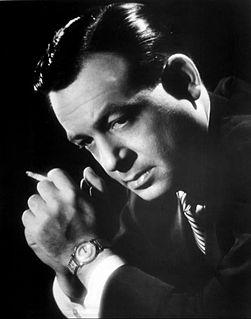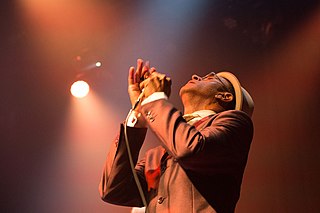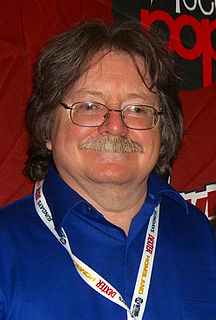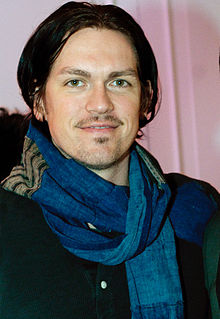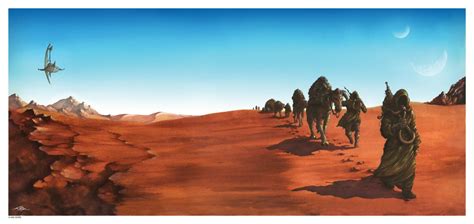A Quote by Lucy Worsley
My parents weren't keen on me watching television when I was growing up, in the 70s and 80s, which is ironic given that I've ended up working in it.
Quote Topics
Related Quotes
When you grow up, some areas of the world are out of your knowledge - especially when I grew up, in the '70s and '80s. Now, you have access to everything, but back then you did not because of the way the media was, and society imposed more directions, structures, and restrictions. It's not like art was prohibited, but art was not something that the people around me presented. So I developed it very much on my own growing up.


